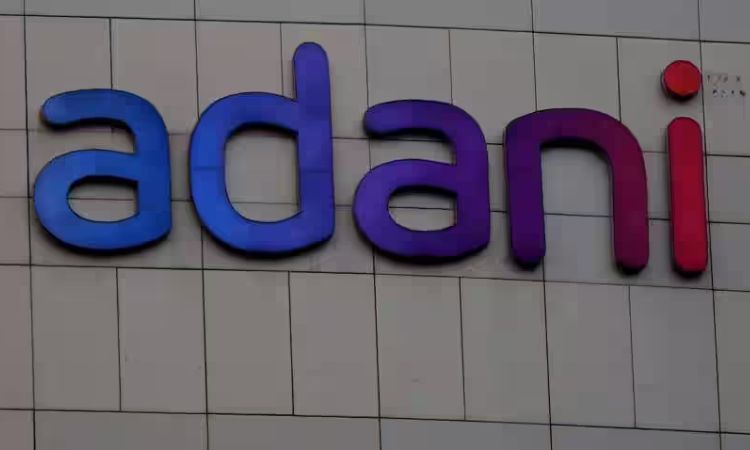With the shares of the company falling after the Hindenburg Assault Research, this action aims to rebuild investor trust.

Image@credit Zee Business
Tuesday realized the announcement that Adani Ports and Special Economic Zone (APSEZ) will pay off $130 million of its loan early. In exchange for early payment, the corporation provided loans worth almost $413 million.
Last month, the business announced a tender for 3.375 percent dollar-denominated notes with a maximum amount of $130 million and a maturity date of 2024. The corporation also disclosed a repurchase plan of some debt instruments last month in order to partially prepay upcoming debt maturities. It has started a cash tender offer for the outstanding 3.375 percent senior notes due in 2024 with a maximum aggregate principal amount of $130 million.
According to the corporation, it has put up to $130 million in unpaid bills up for bidding. The business anticipates that there will still be US$520,000,000 worth of notes outstanding (also known as “outstanding notes”) when this tender offer is completed successfully.
Following this tender offer, the business aims to make a cash offer to buy around US$130,000,000 of the outstanding notes over the course of the following four quarters, it stated last month.
With the shares of the company plummeting after the publication of the critical analysis by Hindenburg Research, this action is intended to restore investor trust.
The market value of the Adani Group’s seven listed equities has decreased by nearly $114 billion since the report was released on January 24. Adani’s vast conglomerate, which includes seaports, airports, edible oil and commodities, energy, cement, and data centers, is under assault by US short-seller Hindenburg Research, which deflated Nikola Motors, a manufacturer of electric vehicles, in 2020.
On January 24, Hindenburg Research, which has short positions in unnamed shares of Adani Group companies through its US-traded debt and offshore derivatives, charged the conglomerate with “brazen stock manipulation and using many offshore shell firms to fraudulently inflate stock values and engage in accounting fraud.
Despite the fact that the firm and Adani publicly denied the accusations, the stocks still dropped.
Earlier this month, APSEZ (Adani Ports and Special Economic Zone) successfully sold its port in Myanmar for $30 million, a price that was less than its initial investment. After a military takeover in Myanmar resulted in a crackdown on large-scale demonstrations and the imposition of US sanctions, the transaction was finally announced in May 2022. Challenges in fulfilling requirements for the project’s completion caused the agreement to be postponed.















